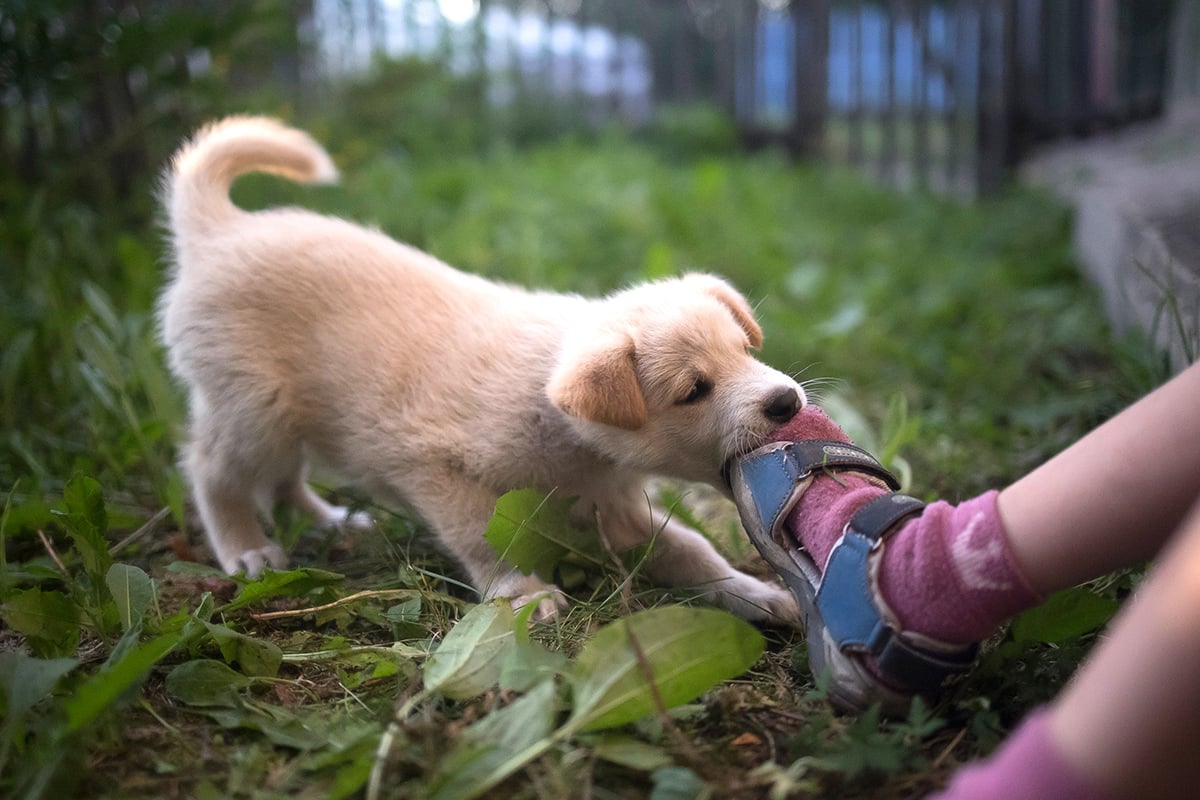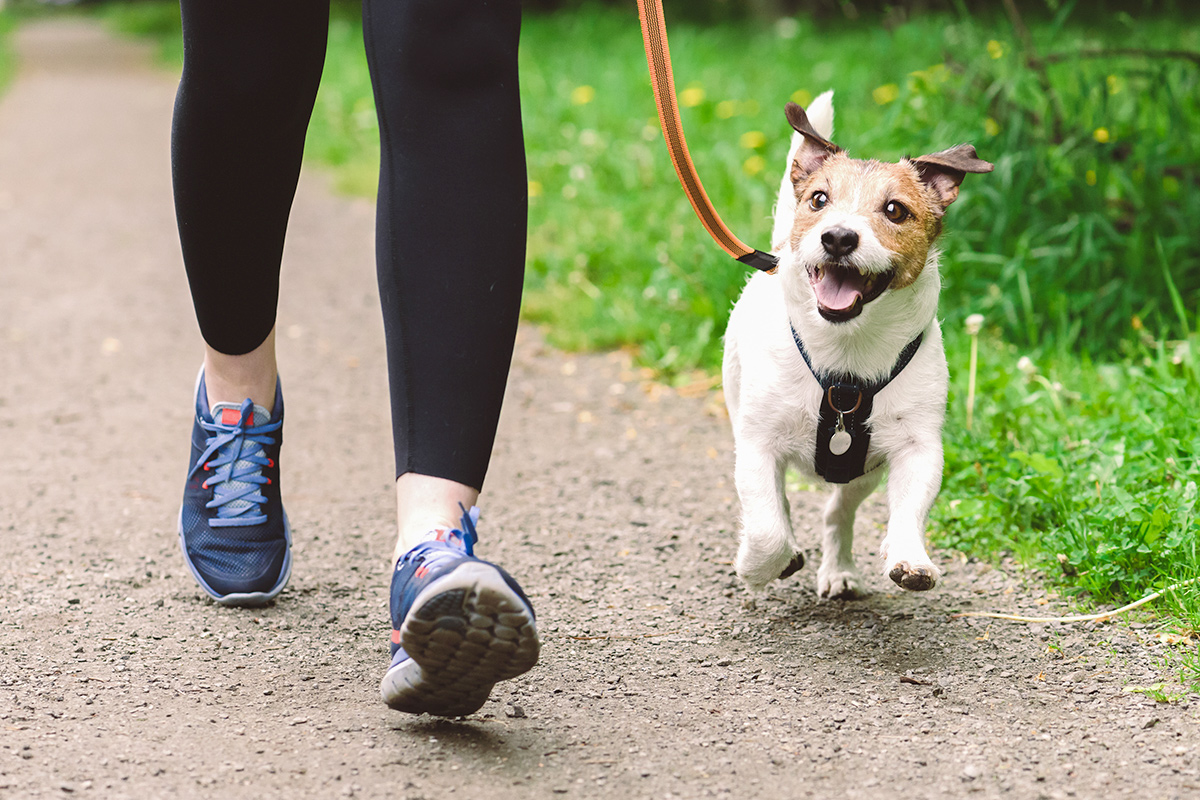If your dog or puppy is biting, it can be a concerning — and sometimes painful — behavior. Whether it’s playful mouthing or more serious nipping, many pet parents wonder: how can I get my dog to stop biting? or how can I get my puppy to stop biting me?
The good news is that with patience, training, and consistency, biting behaviors can be reduced and redirected toward healthier habits. Here’s how to get started.
Why Do Dogs and Puppies Bite?
Biting is a natural part of canine behavior, especially in young dogs. Puppies, like human babies, explore the world with their mouths. Older dogs may bite out of fear, pain, frustration, or lack of socialization. Understanding why your dog is biting is key to addressing it.
Common reasons dogs and puppies bite:
- Teething (puppies): Biting relieves discomfort as new teeth come in.
- Exploration: Puppies use their mouths to investigate their environment.
- Play behavior: Dogs play with each other using their mouths — they may do the same with you if not taught otherwise.
- Fear or anxiety: A scared or stressed dog may bite defensively.
- Pain or medical issues: Dogs in discomfort may bite when touched.
- Lack of proper socialization: Dogs not exposed to people, other dogs, or handling as puppies may be more prone to biting.

How Can I Get My Puppy to Stop Biting Me?
Puppy biting is very common, but it’s essential to teach bite inhibition early. This helps puppies learn how to control the force of their bite — and when not to bite at all.
Tips for reducing puppy biting:
- Redirect to appropriate toys: When your puppy bites you, calmly replace your hand with a chew toy. Praise them for chewing the toy.
- Teach “gentle” or “no bite” cues: Pair a consistent verbal cue with redirection and reward calm behavior.
- Avoid rough play with hands: Games that involve hands (like wrestling) can encourage biting. Use toys instead.
- Respond calmly: Yelling or sudden movements can excite your puppy further. Instead, calmly withdraw attention when biting occurs.
- Provide teething relief: Offer safe chew toys, frozen washcloths, or puppy-specific teething chews to soothe sore gums.
How Can I Get My Dog To Stop Biting?
If your adult dog is biting, the stakes are higher — but with consistent training, the behavior can often be corrected.
Steps to stop biting in adult dogs:
- Identify the trigger: Is the dog biting during play? When scared? When touched in a certain way? Understanding the cause is crucial.
- Avoid punishment: Hitting, yelling, or physical correction can increase fear-based biting. Use positive reinforcement instead.
- Teach impulse control: Training exercises like “sit,” “stay,” and “leave it” can help your dog learn self-control.
- Socialize your dog: Gradual, positive exposure to new people, environments, and other dogs can reduce anxiety-driven biting.
- Provide mental and physical exercise: Bored or frustrated dogs may bite. Daily walks, play sessions, and puzzle toys help reduce excess energy.
- Manage the environment: Use gates or leashes to prevent biting situations until your dog is reliably trained.

When to Seek Professional Help
If biting is frequent, intense, fear-based, or causing injury, it’s time to consult a professional:
- Certified dog trainer: They can help design a training plan tailored to your dog’s needs.
- Veterinary behaviorist: For complex cases involving anxiety, fear, or aggression, a veterinary behaviorist can provide medical and behavioral solutions.
- Veterinarian: Rule out pain or medical conditions that may be contributing to biting behavior.
Early intervention is key — the longer biting persists, the harder it can be to change.
Helping Your Dog Become a Safer, Happier Companion
If you’re wondering how can I get my dog to stop biting or how can I get my puppy to stop biting me, remember that biting is often a stage — and a solvable one. With patience, positive training, and understanding, most dogs and puppies can learn to express themselves in safer ways.
At North Shore Animal League America, we encourage responsible pet ownership and lifelong learning for both pets and their families. If you need extra help, don’t hesitate to reach out to a qualified trainer or behaviorist.
A well-trained, well-socialized dog is a joy to have — and a much safer member of the family.


